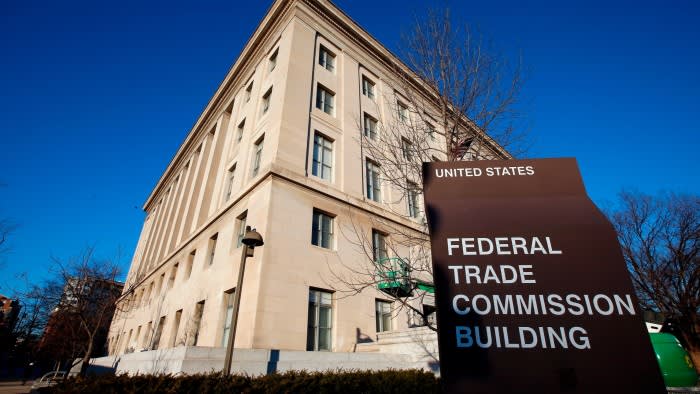The US Federal Trade Commission (FTC) has recently banned non-compete agreements, sparking a legal battle with the US Chamber of Commerce and other trade groups. The coalition, which includes the Business Roundtable, Texas Association of Business, and Longview Chamber of Commerce, argues that the ban will harm their ability to protect confidential information and investments in the workforce. They are seeking to have the rule voided and prevent the FTC from enforcing it.
The regulator voted 3-2 to approve the rule, which bans most non-compete contracts that restrict workers from leaving for a competitor for a set period and in a specific geographic region. The FTC contends that their legal authority is clear and that addressing non-competes falls within their mandate. However, this decision has raised concerns among business groups about the future of non-compete agreements in America.
The Chamber of Commerce has been vocal in its opposition to the FTC’s move to ban non-compete agreements. According to them, these agreements are governed by well-established state laws rather than federal regulation. Additionally, they argue that such restrictions can help protect businesses’ investment in their workforce by preventing employees from jumping ship to competitors once they have learned valuable company secrets or acquired specialized skills.
The outcome of this legal battle will have significant implications for American workers. If successful in challenging the ban on non-competes, businesses may continue to use these agreements as a tool for protecting their interests. On the other hand, if the FTC succeeds in enforcing its ban on these contracts, it could lead to greater job mobility for workers but potentially less stability for employers who rely on skilled laborers who sign non-competes after receiving training or learning proprietary information.
Overall, this legal battle highlights an ongoing struggle between regulators and businesses over issues related to labor practices and employment contracts. While both sides make valid points about protecting confidential information and investments in human capital, ultimately it is up to policymakers to strike a balance between promoting competition and protecting worker rights while ensuring economic growth.
Unlock your access to Editor’s Digest by signing up for our weekly newsletter curated by Roula Khalaf!
